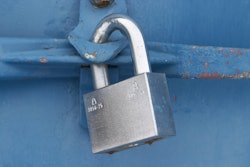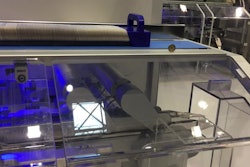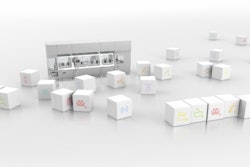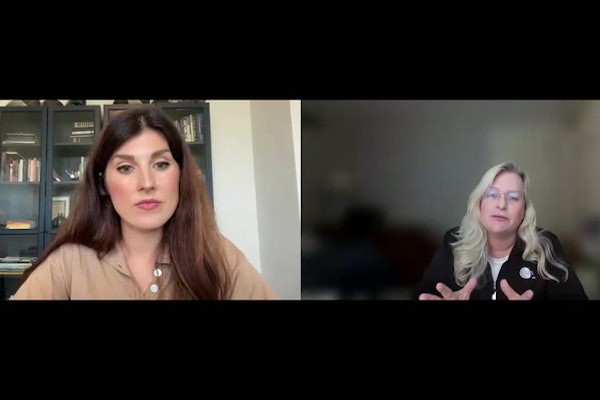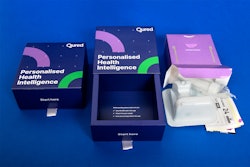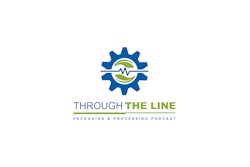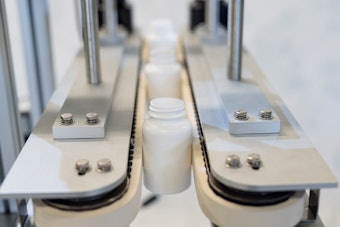Regardless of which company moves your Category A shipments, responsibility for the safety of the shipment remains with you—even during shipping. But there are risks inherent in transportation. According to the World Health Organization (WHO), shippers have reported incidents of damage to the tough outer packaging of infectious materials shipments. It can pay, therefore, to ensure that you have the right third-party logistics provider (3PL).
"The fact that the damaged packaging still safely retained its contents proves that the regulatory system works—but it also shows that not all logistics providers are the same," says Jeff Walsingham, healthcare strategy manager for UPS Category A shipping. "And their services are not always comparable," he adds.
Many labs and research organizations spend substantial time on compliance. But Walsingham believes they need to invest just as much effort in selecting a 3PL to transport their Category A substances. He recommends you ask current and prospective providers the following four questions. Fewer than four "yes" answers could indicate that you need a more specialized carrier to handle your Category A shipping.
1: Do you leverage technology and process controls to secure Category A pickups?
A competent 3PL will utilize fail-safe technology to help ensure that critical packages are reliably picked up, according to Walsingham. A package not picked up will not make its destination on time. “UPS offers proprietary technology that alerts our drivers to every Category A package,” he says. “Even if a Category A shipment is inadvertently not provided to a UPS driver by the shipper, the driver’s handheld device will issue a prompt to follow up about this during the pickup process.”
2: Do you maintain complete chain of control at all times?
Walsingham recommends that logistics providers routinely track shipments’ locations and be able to provide a chain-of-control report. Knowing the location of shipments increases security, he explains. “UPS engineered a unique chain-of-control process for Category A,” he adds. “Shipments pass through the minimum number of facilities, meaning fewer touch-points and less risk of error.”
3: Do you include monitoring and intervention services, 24/7?
Capable 3PLs should proactively monitor Category A shipments and offer intervention capabilities as standard, according to Walsingham. (Proactive monitoring means looking ahead for possible delays instead of simply responding to them when they occur.) “Some carriers do not include these services in their basic Category A service, and charge extra for them,” he says. UPS monitors Category A shipments from its global “control towers.” Operators there utilize technology to predict delays and arrange interventions for shipments at risk of delay. These can preserve an at-risk temperature-sensitive Category A shipment, for example, or expedite a delayed delivery.
4: Do you have extensive healthcare experience?
“The ideal logistics provider will have broad healthcare expertise,” says Walsingham. If your Category A shipments are temperature-sensitive, it is worth choosing a 3PL with proven expertise in this area, too. “UPS has a dedicated team of 5,000 life-sciences and healthcare experts that can provide vigilant care for infectious substances every step of the way,” he adds. In addition, the logistics company offers temperature-sensitive shipping solutions, from cryogenic to controlled room temperature.
Choose the right provider to handle infectious substances.
Selecting the right 3PL to handle your Category A shipments may be the most important decision labs and research organizations can make. Be sure to ask these questions before your next shipment, and also periodically review the performance of your transportation provider.
Learn how UPS provides an additional level of protection for shipping infectious substances.





